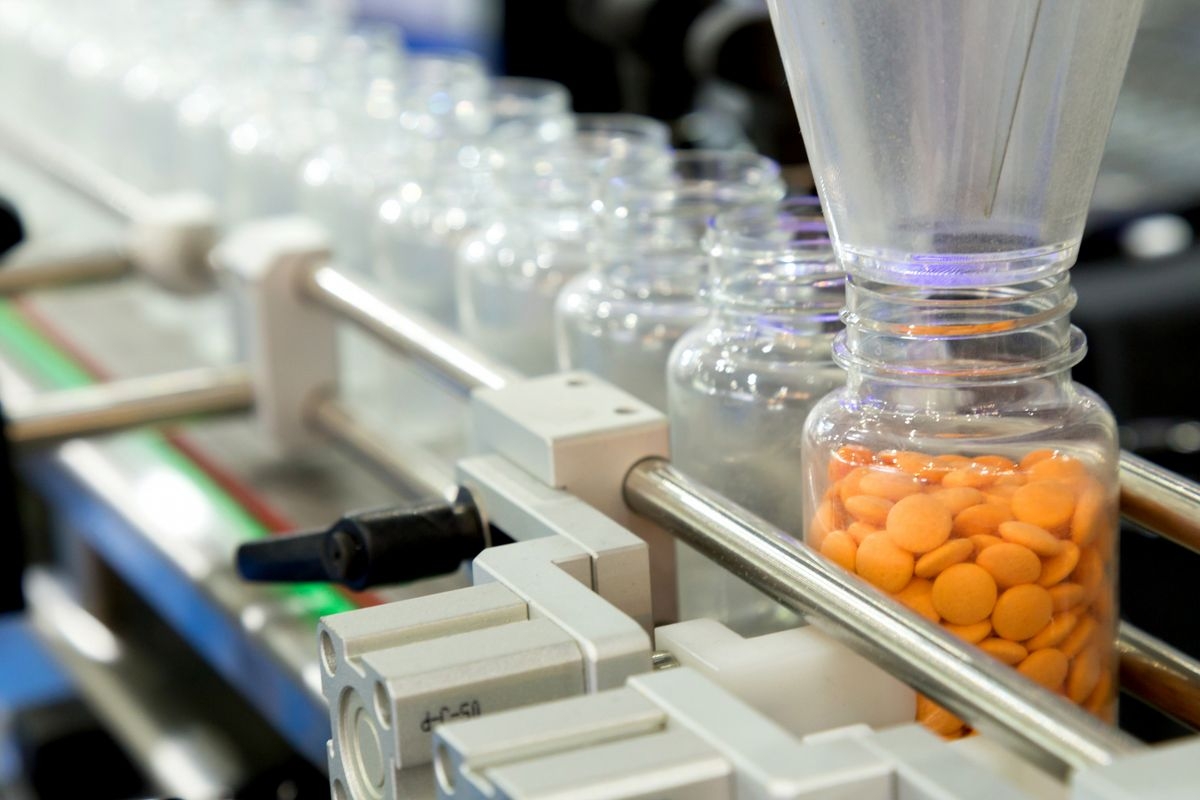

Contents Overview
Supplement Raw Materials and Ingredients
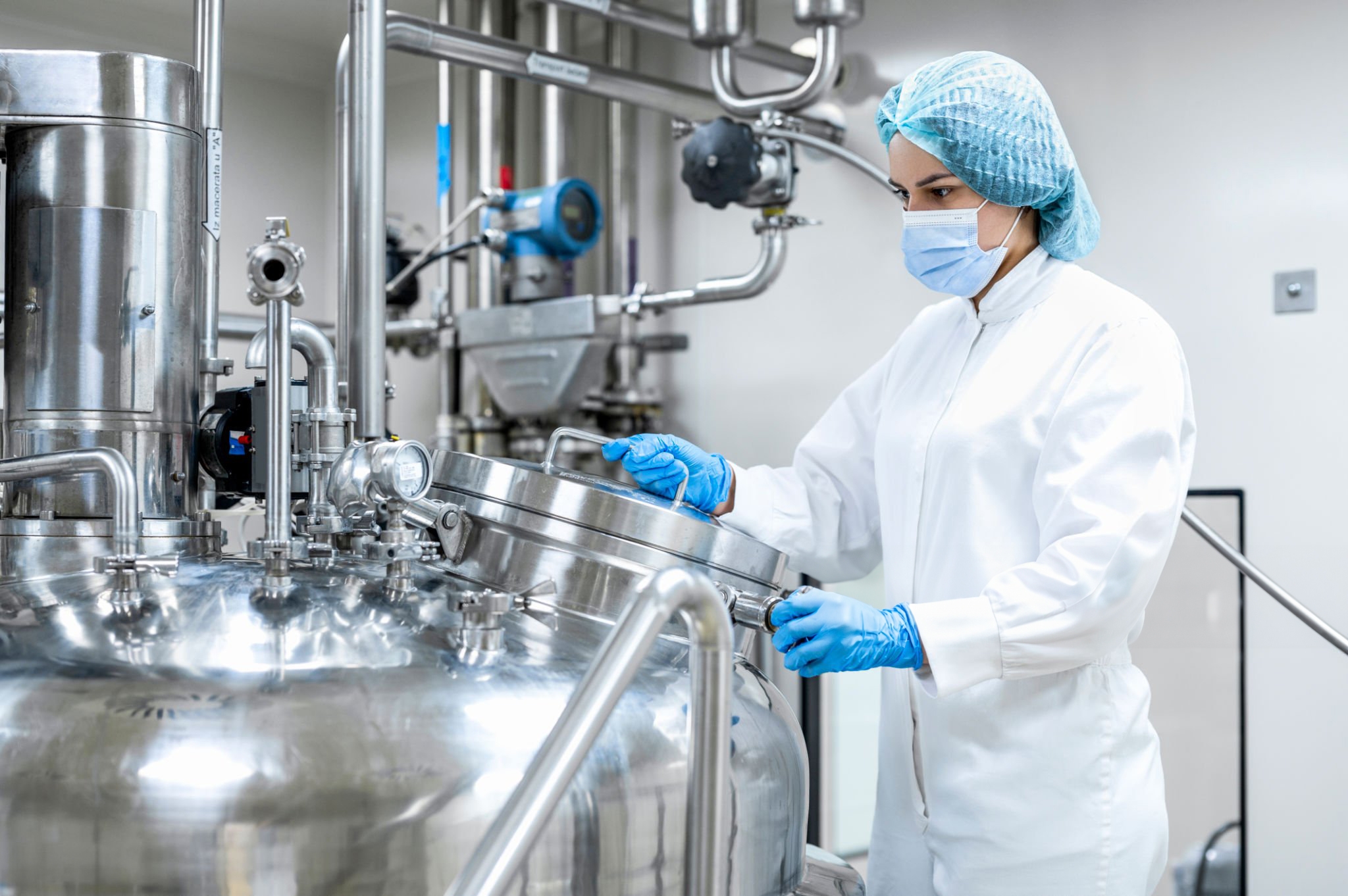
- Natural Ingredients: Derived directly from plants, animals, or minerals, natural ingredients are often perceived as healthier and more eco-friendly. For example, vitamin C from acerola cherries or omega-3s from fish oil are natural ingredients commonly found in supplements. However, potency can vary between batches, and they may require more complex processing to ensure consistency. Natural ingredients may contain additional bioactive compounds that provide synergistic health benefits. For instance, natural vitamin E includes tocopherols and tocotrienols, offering broader antioxidant support.
- Synthetic Ingredients: Produced through chemical synthesis, synthetic ingredients provide a consistent and cost-effective alternative. For example, ascorbic acid (synthetic vitamin C) and synthesized omega-3s are commonly found in supplements where the variability of natural ingredients are unsuitable for the finished supplement. Synthetic forms are often identical in molecular structure to their natural counterparts, making them equally effective in many cases. They also tend to have higher stability and longer shelf life.
The natural variation in the sourcing of ingredients and ingredient types make dietary supplements simple to manufacture but difficult to perfect. AdvaLife™ applies pharmaceutical-grade equipment, technology, and standards, ensuring high-quality, pure ingredients through proprietary sourcing and testing.
Regulations for dietary supplements vary globally, often creating confusion and potential risks. Our strict procedures ensure only high-quality, pure raw materials are used in our manufacturing process.
Supplement Formulation

- Identifying Target Benefits: For example, immune support, improved sleep, or athletic performance, requires understanding of the specific health concern, consumer expectations, and current scientific evidence. Additionally, balancing multiple benefits in a single formulation without compromising efficacy can complicate this step.
- Selecting Active Pharmaceutical Ingredients (APIs): Choosing the right APIs involves evaluating their efficacy, safety, and compatibility with other ingredients in the formula. One significant challenge is deciding between natural and synthetic sources. While natural APIs, like plant extracts, often include compounds that enhance efficacy, they may have variability between batches and higher costs. Synthetic APIs, on the other hand, offer consistency and scalability but might lack the perceived holistic benefits of natural options, which can influence consumer perception.
- Optimizing Dosage and Delivery: Achieving the right dosage and delivery method involves balancing bioavailability, stability, and consumer compliance. This requires addressing how the body absorbs and utilizes the ingredient, minimizing degradation during storage, and catering to consumer preferences for formats such as tablets, gummies, or liquids.
- Incorporating Additional Features: Adding features like flavor masking, delayed release, or specific sensory properties can complicate formulation. For example, masking the bitterness of certain APIs in a powder or ensuring the precise breakdown of a delayed-release capsule in the digestive tract requires advanced technology and rigorous testing to meet both consumer expectations and regulatory standards.
Our team specializes in creating formulas that address niche markets, including fitness supplements, probiotics, and organic products, ensuring competitive advantages for our partners.
How Supplement Dosage Forms are Manufactured
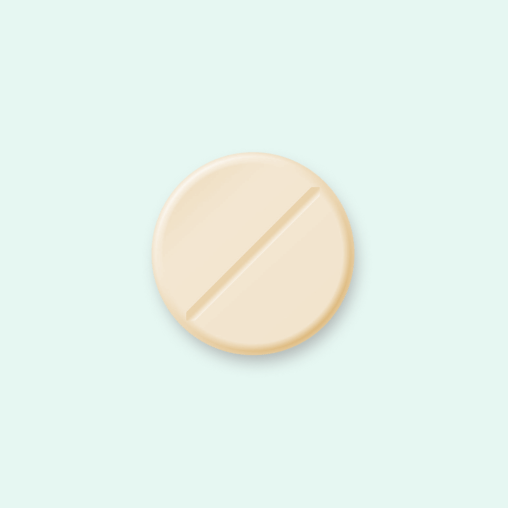
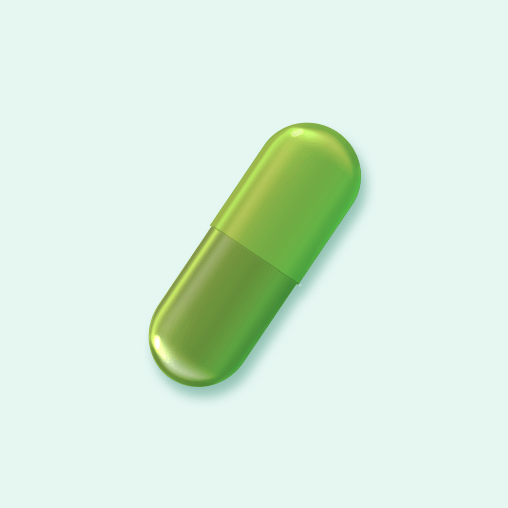
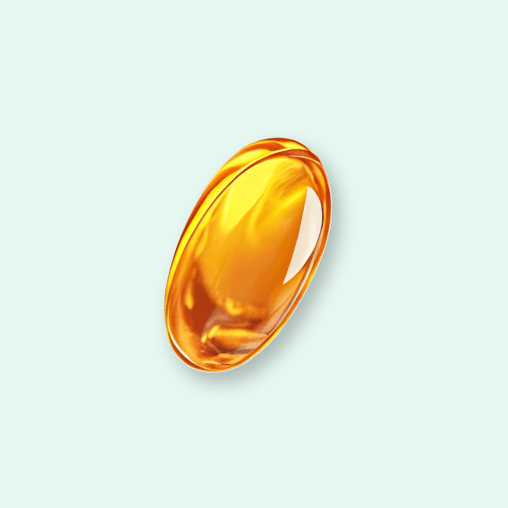

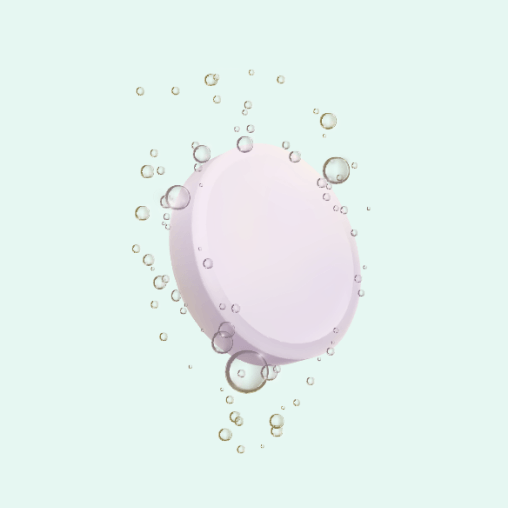
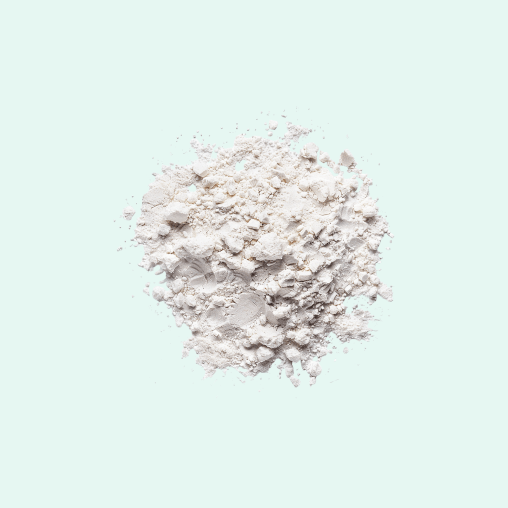
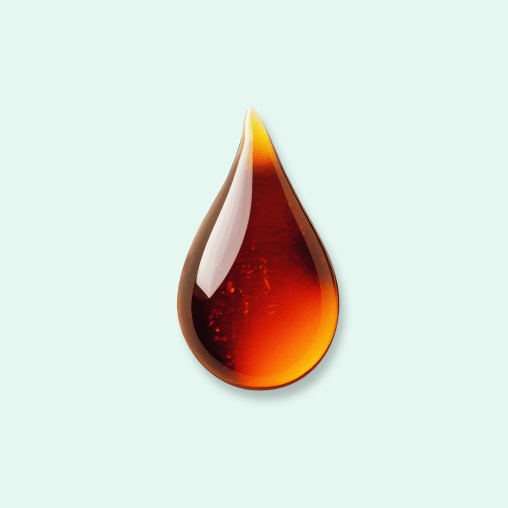
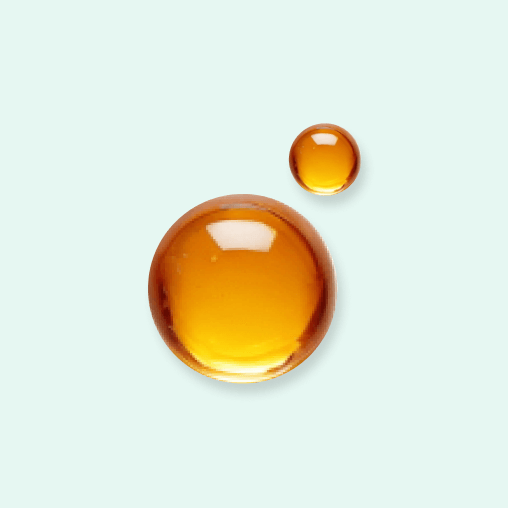
Adapting to global markets requires diverse production capabilities. While some demand capsules and tablets, others prefer gummies and syrups. AdvaCare Pharma offers one of the industry's widest ranges of supplements to meet distributor needs.
Our botanical experts and pharmacists create efficacious formulations, working closely with distributors to ensure the success of our AdvaLife™ brands across all markets.
Quality Control: Complying with Good Manufacturing Practices (GMP)
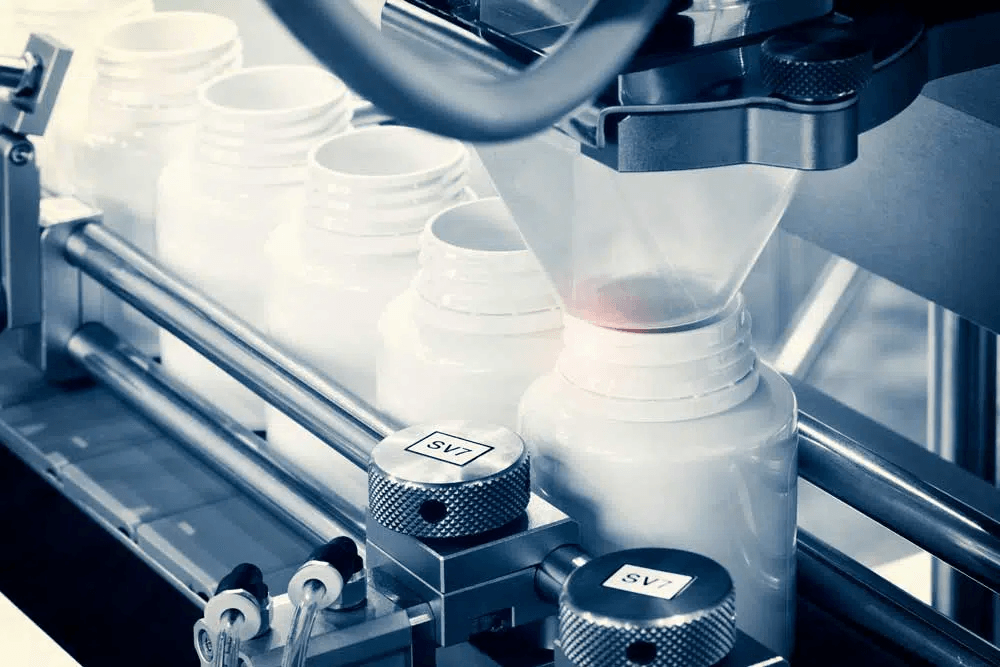
- Raw Material Testing: Verification of purity, potency, and identity is essential, as raw materials can exhibit significant variability due to factors like growing conditions and supplier differences.
- In-Process Controls: Monitoring parameters during production to maintain consistency. This step requires continuous investment in sophisticated technology and skilled personnel to track and adjust variables such as temperature and humidity, which can fluctuate throughout production. Failures in process control can lead to significant batch inconsistencies, increasing the likelihood of defects.
- Finished Product Testing: Includes assays for potency, microbial contamination, and stability. A well-known example of the importance of this step is the 2018 recall of several dietary supplements for containing higher levels of a harmful bacteria than allowed by regulations. Such incidents emphasize how critical it is to ensure finished products meet all safety and quality standards before reaching consumers.
- Documentation: Detailed records for traceability and regulatory compliance. Failing to maintain proper documentation can lead to costly penalties, product seizures, and loss of consumer trust. In 2018, the FDA issued a warning letter to a dietary supplement manufacturer for failing to maintain adequate records, highlighting the critical importance of proper documentation in compliance with Good Manufacturing Practices (GMP).
Why Choose AdvaLife? AdvaLife integrates robust GMP protocols, guaranteeing supplements that distributors can trust to exceed consumer expectations.
Why AdvaLife is the Ideal Partner for Distributors
AdvaLife stands out in the supplement industry for its commitment to quality, innovation, and customer satisfaction:- Customized Solutions: Tailored formulas designed to meet specific market needs.
- Diverse Dosage Forms: Expertise across tablets, capsules, softgels, gummies, and more.
- Stringent Quality Control: Comprehensive testing to ensure compliance with GMP and international standards.
- Competitive Pricing: Affordable yet premium products designed to boost distributor margins.
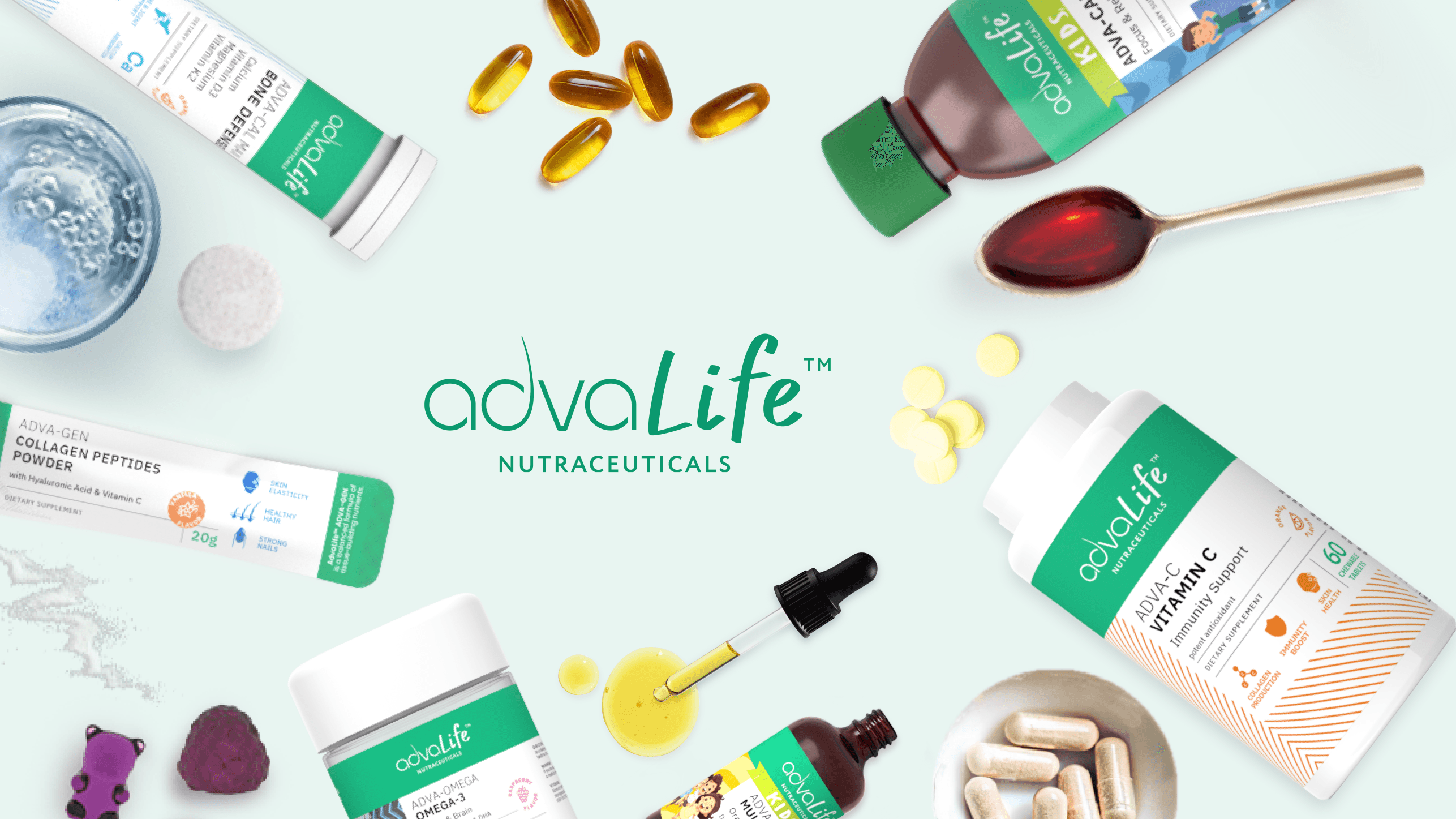
AdvaLife™ is the internationally recognized dietary supplements brand. From essential to complex formulas, we currently produce more than 150 products, sold in over 40 countries worldwide.
Deeply rooted in our pharmaceutical origins, our AdvaLife™ products have gained an international reputation for excellent quality and high purity. Our supplements are comparable in formulation and presentation to major global brands, but our main competitive advantage lies in the ability to provide customizable products at an affordable price.
As industry experts, we are up-to-date with the latest global trends, market opportunities, and regulations that drive the nutraceutical industry. For us, understanding the key drivers of the supplements market alongside possessing regulatory expertise grants us opportunities for growth, expansion, and product development.
By partnering with AdvaLife, distributors can gain access to a reliable supply chain, innovative products, and marketing and logistics support to elevate your brand and meet the needs of your customers. Whether you're looking to start distributing or add more products to your portfolio, we offer the expertise and flexibility to help you succeed in the competitive nutraceutical market.
References: NCBI 2019 “A Randomized Pilot Trial to Evaluate the Bioavailability of Natural versus Synthetic Vitamin B Complexes” FDA 2023 “Current Good Manufacturing Practice (CGMP) Regulations” FDA 2018 “Recall of Various Lots of Multiple Dietary Supplements Because of Possible Salmonella Health Risk” FDA 2018 “Warning Letter”
Don't want to miss the next AdvaCare article?

Recommended Content

Veterinary Medicines Registration in Indonesia


Supplement Distribution: Understanding Key Distribution Channels

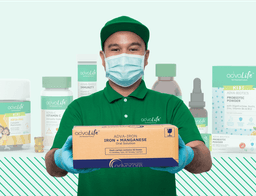
White Label vs Private Label vs Distributing: What’s Best for Supplement Businesses?
